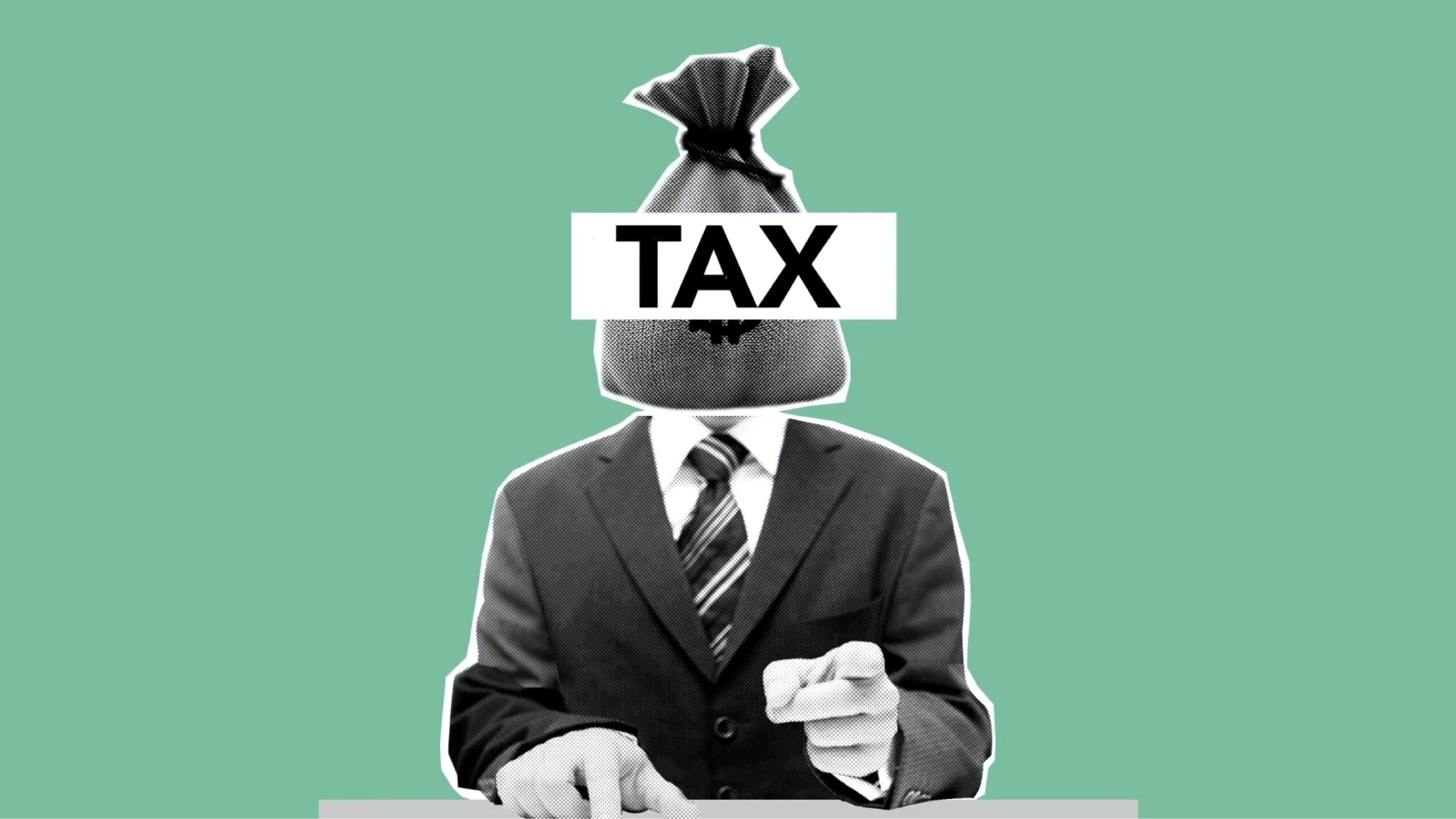Chairman of the Presidential Committee on Fiscal Policy and Tax Reforms, Mr. Taiwo Oyedele, has said tax gap in Nigeria hovers around N20 trillion.
He, however, pledged the total commitment of the committee to bring about comprehensive and harmonised tax reforms.
Oyedele spoke on Tuesday during the inauguration of the committee by President Bola Tinubu at State House in Abuja.
“Many of our existing laws are outdated, hence they require comprehensive updates to achieve full harmonisation to address the multiplicity of taxes and to remove the burden on the poor and vulnerable while addressing the concerns of all investors, big and small,” he said.
ECOWAS slams fresh sanctions on Niger as junta rejects diplomatic overtures
Labour passes vote of no confidence on Gbajabiamila-led c’ttee
While fielding questions, Oyedele said Nigeria might be losing N20 trillion to underpayment of taxes
He said: “The mandate that this committee has is to get rid of so many taxes that come in the way of prosperity for our people. So, Nigerians should look forward to a more harmonised fewer number of taxes.
“But then, it seems like it’s a contradiction. How do you then raise the revenue? Now, we know where we’re going to get the revenue from – there’s a huge task gap. What that means is as of today, without introducing any new taxes, if you get everyone that needs to pay their taxes to pay, we will not be where we are. So, we think that the gap is somewhere in the region of 20 trillion naira.”
The committee chairman also said: “In addition to that, you would also imagine that we have inefficiencies in the way we collect the little that we collect. And that inefficiency is coming from, you know, sometimes, I think in the 2023 budget, we have like 63 MDAs that were given revenue targets. Those MDAs want to be able to focus on their primary duties of why they were established, the revenue mandate is a distraction for them.
“So, imagine that we asked the FIRS to collect those revenues on their behalf. By focusing on their primary mandates, they’ll facilitate the economic development we’re looking for. FIRS will collect the revenues efficiently, which means not only is the top line growing because of collecting it is reducing. And that gives you a much bigger margin to take care of the people.
“So, these are some of the areas where we expect that the increase (18% tax-to-GDP) would come from.”
While also reacting to questions, Shubham Chaudhuri, Country Director at the World Bank, said Nigeria would gain when it reduced the tax gap.
He underscored the need for the government to ensure that funds being generated via tax were not being spent in wrong places to build public trust.
Earlier, President Tinubu expressed his commitment to break the vicious cycle of over-reliance on borrowing for public spending and the resulting burden of debt servicing it placed on the management of Nigeria’s limited government revenues.
The president charged the committee to improve the country’s revenue profile and business environment as the federal government moves to achieve an 18% Tax-to-GDP ratio within three years.
President Tinubu directed the committee to achieve its one-year mandate, which is divided into three main areas: fiscal governance, tax reforms and growth facilitation.
He also directed all government ministries and departments to cooperate fully with the committee toward achieving their mandate.
He said: ‘’We cannot blame the people for expecting much from us. To whom much is given, much is expected.
“It is even more so when we campaigned on a promise of a better country anchored on our Renewed Hope Agenda. I have committed myself to use every minute I spend in this office to work to improve the quality of life of our people.”
President Tinubu, while acknowledging Nigeria’s current international standing in the tax sector, said the nation is still facing challenges in areas such as ease of tax payment and its Tax-to-GDP ratio, which lags behind even Africa’s Continental average.
“Our aim is to transform the tax system to support sustainable development while achieving a minimum of 18% tax-to-GDP ratio within the next three years.
“Without revenue, the government cannot provide adequate social services to the people it is entrusted to serve.
“The committee, in the first instance, is expected to deliver a schedule of quick reforms that can be implemented within thirty days. Critical reform measures should be recommended within six months and full implementation will take place within one calendar year,” the president directed.
The Special Adviser to the President on Revenue, Mr. Zacchaeus Adedeji, while recounting the president’s sterling track record on revenue transformation, described the committee members, drawn from the public and private sectors, as accomplished individuals from various sectors.

 Join Daily Trust WhatsApp Community For Quick Access To News and Happenings Around You.
Join Daily Trust WhatsApp Community For Quick Access To News and Happenings Around You.


